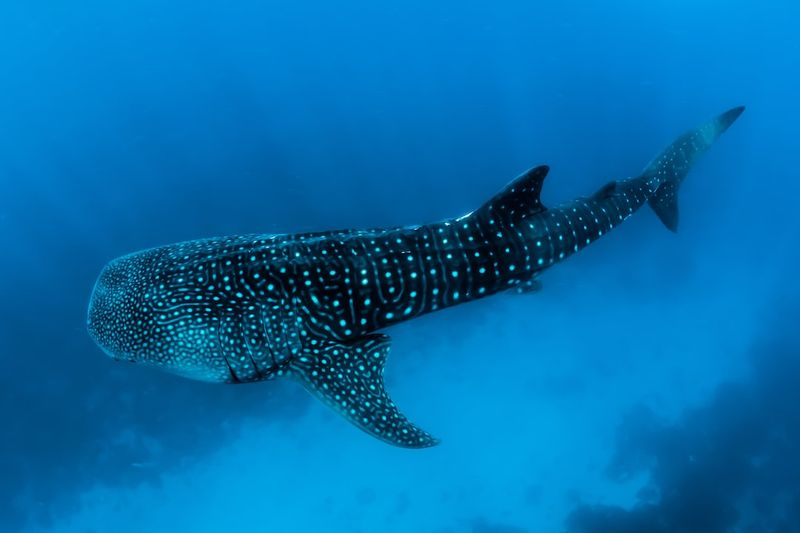Retaliation on a Shark After a Fatal Attack on a Tourist in Hurghada
In a recent incident in the Egyptian resort of Hurghada, a tiger shark was clubbed to death after it killed a Russian tourist, Vladimir Popov. The 23-year-old victim was mauled to death by the beast in the resort’s waters, while his helpless father Yury watched from the shore. Witnesses said that the shark savaged Popov before playing with his body in the water for two harrowing hours. The footage of the incident then showed the shark being hauled out of the sea on a small boat in a net before being dumped on the beach and ferociously beaten.
Revenge Attack or Vigilantism?
While some may applaud the people who avenged the death of Popov, the brutal killing of the tiger shark is a concerning development in retaliation to the recent spate of shark attacks around the world. The act may have been motivated by revenge but is still described as vigilantism, with some people taking the law into their own hands as a result of these attacks. Killing animals indiscriminately is not a solution to this problem.
The Ethics of Creature Management
Marine creatures, specifically sharks, have been victims of human mistreatment. Populations of sharks have been declining globally because of the impact of commercial fishing, bycatch, and habitat loss. While shark attacks on humans are traumatic, they only occur when a shark is hungry or feeling provoked. It is not humane to kill them for their behavior. The marine ecosystem is a delicate balance and killing a creature simply because it attacked a human is not a sustainable solution. It is a much better approach to explore different solutions that allow humans and marine life to coexist, rather than resorting to killing when conflicts arise.
Conservation Efforts
There is a need to increase conservation efforts for marine life and raise awareness among people about their importance in the ecosystem. Rather than retaliating against creatures, conservation is essential in preserving marine diversity and the balance of nature. Human activity is responsible for endangering marine species, and it is our responsibility to understand how our actions impact the environment and take measures to preserve it. Governments should act quickly, and responsible tourism practices should be prioritized to ensure that there is peaceful co-existence between humans and marine life.
Conclusion
It is indeed unfortunate that a human life has been lost, and it is even more unfortunate that a creature was killed in retaliation for the incident. Humans and marine creatures should coexist harmoniously, and responsible tourism practices and conservation efforts should be implemented. Governments should take an active role in preserving marine life and educating people about the importance of the ecosystem. Overall, it is important to act responsibly towards our environment by embracing a sustainable approach towards creature management.

<< photo by Sebastian Pena Lambarri >>
You might want to read !
- “Killing to Protect: The Ethical Debate Surrounding Shark Attack Responses in Tourist Hotspots”
- “Egypt’s Tiger Shark Tragedy: A Father’s Account of the Gruesome Attack”
- “The Politicization of the Tasmanian AFL Team: A Game of Power and Partisanship”
- World Ocean Day: Young Global Leaders suggest ways to safeguard our oceans
- “Australian Reflections: World Ocean Day Sparks Opportunities for Transformative Shifts in our Oceanic Interactions”




